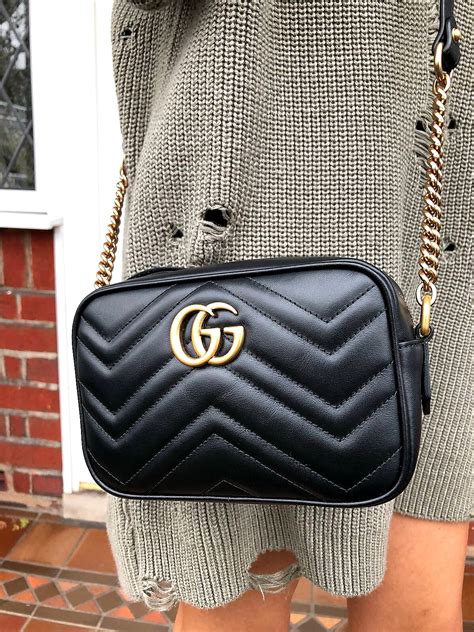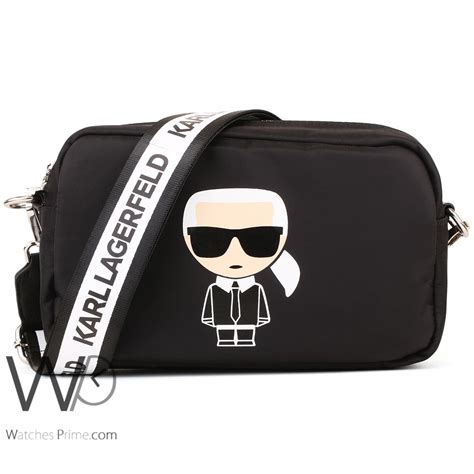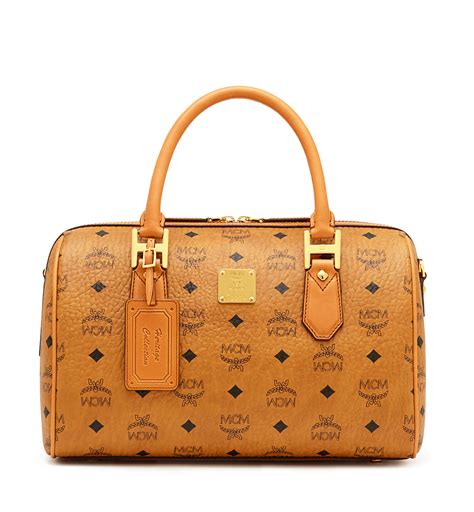gucci aktie wert | Wie viel ist eine Gucci Aktie wert?
$272.00
In stock
Understanding the "Gucci Aktie Wert" (Gucci Stock Value) requires navigating a complex landscape that encompasses not just the Gucci brand itself, but also the performance of Kering, the French luxury conglomerate that owns Gucci. While there isn't a directly traded "Gucci Aktie" anymore, the value of Kering stock (KER:PA on the Euronext Paris exchange) is intrinsically linked to the success and perceived value of Gucci, its flagship brand. This article aims to provide a comprehensive overview of the factors influencing the value of Kering shares, the current market sentiment surrounding Gucci, and the broader luxury goods market.
The Elusive "Gucci Aktie": Understanding the Structure
It's crucial to understand that there isn't a publicly traded stock solely representing Gucci. Gucci Group N.V. was previously listed, but it was absorbed into the broader Kering group. Therefore, when investors are interested in the financial performance and future prospects of Gucci, they are essentially analyzing and investing in Kering. Kering's overall performance is significantly influenced by Gucci's revenue and profitability, making it a key driver of the Kering stock price.
The previous listing of Gucci Group N.V. (US4015661048, traded on the Other OTC market) is now primarily of historical interest. While it might offer some insight into past performance, it doesn't reflect the current investment landscape. The focus now lies squarely on Kering and its ability to manage and grow the Gucci brand.
Kering Aktie (KER:PA): The Gateway to Gucci's Value
The Kering Aktie (KER:PA) is the real-time representation of the market's assessment of the Kering group, including Gucci. Analyzing the Kering stock price, its historical performance, and future projections provides the most accurate picture of what the market believes Gucci's contribution to the overall group is worth.
Several factors influence the Kering stock price, including:
* Gucci's Sales Performance: This is arguably the most significant factor. Strong sales growth, particularly in key markets like China and the United States, directly translates to higher revenues for Kering and a positive impact on its stock price. Conversely, declining sales or a slowdown in growth can negatively impact the stock.
* Gucci's Profitability: Not only is revenue important, but also the profitability of those sales. Higher profit margins indicate efficient operations and strong brand pricing power, which are viewed favorably by investors.
* Brand Strength and Market Position: Gucci's brand image, its ability to maintain its desirability among consumers, and its competitive position within the luxury market are crucial. Strong brand equity allows Gucci to command premium prices and maintain a loyal customer base.
* Kering's Overall Portfolio Performance: While Gucci is the flagship brand, Kering also owns other luxury brands like Saint Laurent, Bottega Veneta, and Balenciaga. The performance of these other brands contributes to the overall financial health of Kering and influences its stock price.
* Macroeconomic Factors: The overall economic climate, including global economic growth, inflation, interest rates, and consumer confidence, can significantly impact demand for luxury goods and, consequently, the value of Kering shares.
* Fashion Trends and Consumer Preferences: The fashion industry is inherently trend-driven. Gucci's ability to anticipate and adapt to changing consumer preferences is critical to its long-term success.
* Management Decisions and Strategic Initiatives: Kering's management team's decisions regarding brand strategy, marketing campaigns, product development, and acquisitions can all influence investor confidence and the Kering stock price.
* Geopolitical Events: Global political and economic instability can negatively impact the luxury goods market, particularly in key regions.
Gucci, Louis Vuitton, and Co.: The Luxury Landscape
Gucci operates within a highly competitive luxury market dominated by major players like LVMH (Louis Vuitton Moët Hennessy) and Hermès. These companies are constantly vying for market share and consumer attention. Understanding the competitive landscape is crucial for evaluating Gucci's performance and its potential for future growth.
Key competitive factors include:gucci aktie wert
* Brand Heritage and Reputation: The history and legacy of a luxury brand play a significant role in its perceived value and desirability.
* Product Innovation and Design: Creating innovative and desirable products is essential for attracting and retaining customers.
* Marketing and Advertising: Effective marketing campaigns are crucial for building brand awareness and driving sales.
* Distribution Channels: The way a luxury brand distributes its products, whether through flagship stores, department stores, or online channels, can significantly impact its reach and accessibility.
* Pricing Strategy: Balancing exclusivity with accessibility is a key challenge for luxury brands.
* Customer Service: Providing exceptional customer service is essential for building brand loyalty.
Recent Developments and Their Impact on Kering and Gucci
Additional information
| Dimensions | 8.1 × 3.3 × 2.5 in |
|---|








